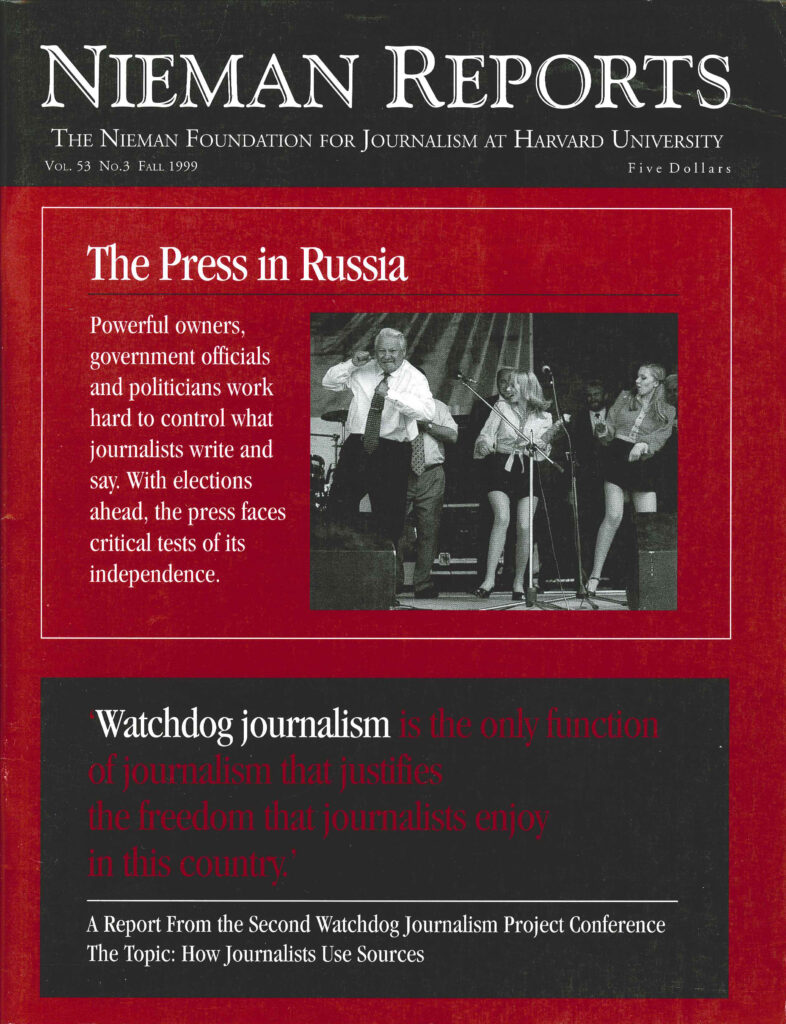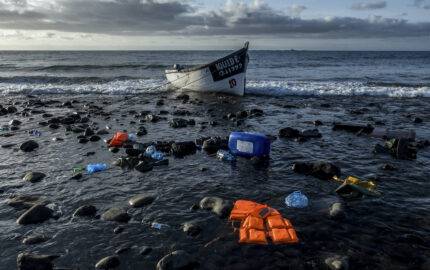As helpful or reliable as sources might seem to be, no reporter should accept their version of events without finding documentation to back up what they say. None of the investigative reporters at the conference could have published their stories without searching for records to support what their sources had said.

Image courtesy of The Orange County [CA] Register.
Susan Kelleher: “People [sources] would always ask, ‘Are you going to have to tell anybody that I gave you these records?’ And I would say, ‘Yeah, if we get sued and I base the story on these records, then yeah, I’m going to have to disclose where they came from. However, if they come to me anonymously in the mail in an unmarked envelope, which I have a habit of throwing away, then it’s up to me to validate them, and I will have no idea where they came from because I really don’t know.’” [Document below is an example of one Kelleher used in her story.]
Kelleher used another reporting technique in gathering documentation for her story from reluctant sources. “I’d tell people where I was having lunch, and I had a really distinct car at the time, a blue Toyota Tercel with cow-covered car seats and I’d tell them I had a really bad habit of leaving the truck open. That really paid off because I got a mother lode of documents one time that way. I did have to eat at Sizzler, though.”
Loretta Tofani: “Check your source’s information; find out if the statement is true. But you also have to preserve your initial gut feeling of, but this is wrong, it shouldn’t be routine, rather than accept the source’s more cavalier view of ‘This is what happens in life.’”
Doug Frantz: “I’ve been an investigative reporter for almost 20 years, and I couldn’t have done my job during those years without relying on sources, on people who took risks to themselves, who risked going to jail. People on the Scientology story risked something worse than jail, which is the wrath of Scientology. But, also, I could not have done my job if I had only relied on those sources. It is essential that you use a source, particularly when you are dealing with a nonprofit, as a point of origin; it’s the beginning place, because they are most likely to be disgruntled former true believers, whether they are ex-members of the Red Cross or former Scientologists. And you’ll find no person in the world more zealous than a former Scientologist, believe me…. You have to take what they say only as a starting point. You cannot rely on a single word of a single sentence without checking it out yourself.”

Image courtesy of The Orange County [CA] Register.
Susan Kelleher: “People [sources] would always ask, ‘Are you going to have to tell anybody that I gave you these records?’ And I would say, ‘Yeah, if we get sued and I base the story on these records, then yeah, I’m going to have to disclose where they came from. However, if they come to me anonymously in the mail in an unmarked envelope, which I have a habit of throwing away, then it’s up to me to validate them, and I will have no idea where they came from because I really don’t know.’” [Document below is an example of one Kelleher used in her story.]
Kelleher used another reporting technique in gathering documentation for her story from reluctant sources. “I’d tell people where I was having lunch, and I had a really distinct car at the time, a blue Toyota Tercel with cow-covered car seats and I’d tell them I had a really bad habit of leaving the truck open. That really paid off because I got a mother lode of documents one time that way. I did have to eat at Sizzler, though.”
Loretta Tofani: “Check your source’s information; find out if the statement is true. But you also have to preserve your initial gut feeling of, but this is wrong, it shouldn’t be routine, rather than accept the source’s more cavalier view of ‘This is what happens in life.’”
Doug Frantz: “I’ve been an investigative reporter for almost 20 years, and I couldn’t have done my job during those years without relying on sources, on people who took risks to themselves, who risked going to jail. People on the Scientology story risked something worse than jail, which is the wrath of Scientology. But, also, I could not have done my job if I had only relied on those sources. It is essential that you use a source, particularly when you are dealing with a nonprofit, as a point of origin; it’s the beginning place, because they are most likely to be disgruntled former true believers, whether they are ex-members of the Red Cross or former Scientologists. And you’ll find no person in the world more zealous than a former Scientologist, believe me…. You have to take what they say only as a starting point. You cannot rely on a single word of a single sentence without checking it out yourself.”



